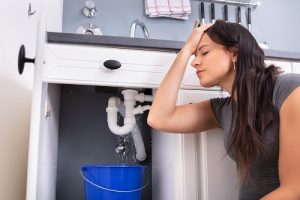 Even a faint dripping sound from the bathroom down the hall can keep you awake. Even the most innocuous sounds can be horrifying at 3am when you’ve been trying to fall asleep for hours. It’s not surprising that a serious plumbing noise can drive us crazy.
Even a faint dripping sound from the bathroom down the hall can keep you awake. Even the most innocuous sounds can be horrifying at 3am when you’ve been trying to fall asleep for hours. It’s not surprising that a serious plumbing noise can drive us crazy.
Some plumbing sounds are distinctive and can be caused by various factors. Some plumbing noises are difficult to diagnose and pinpoint, making it more difficult to fix.
This article will explain the most common plumbing problems, their likely causes and how to fix them. Read on to find out more about noisy plumbing, and whether it is something you can repair yourself or if you need a professional plumbing contractor in Myrtle Beach.
Common Noises Coming From Your Plumbing System
The following are some of the common types of noisy plumbing:
- Hammering or banging
- Humming or vibrations
- Rattling
- Whistling and squealing sounds
- Noises such as rubbing or ticking
- Metallic clinking sounds
What causes noisy plumbing?
Various issues, including loose pipes, high-pressure water, worn-out washers, etc cause noisy plumbing. It’s not an emergency if you hear water running through pipes. However, if the problem is left unattended, it could lead to more serious problems.
Water Flow – The Sound of Water.
Let’s first talk about the sound that water makes when it flows through your pipes.
You may hear this noise when draining a sink or emptying the drum of your washing machine. It’s not unusual for your plumbing to make a noise when water flows.
In older homes, you may hear water flowing through your pipes. In older homes, drainpipes are often exposed along the basement ceiling or under floorboards without carpets to muffle the sound.
It is normal to hear water running through the pipes. You can check for leaks just to be sure, but it is rare that this type of noise needs to be repaired.
You can choose a variety of options if you’re sensitive to the noises. You can encase it, wrap it with insulation, cover it with conduit or even use drywall to box it. You can ignore the noise if it is not disturbing your sleep or if there are no visible signs of a water leak.
 Hammering Noise
Hammering Noise
Water hammer sounds like someone hitting the pipes with a heavy hammer. When a faucet is suddenly turned off, water can slam against pipes and valves.
It can be a very scary sound if it happens in the middle of the night. This is why people tend to want to fix it as soon as possible.
Is Water Hammer Harmful?
This problem should be fixed as soon as possible. Water hammer is not only noisy, but it can also cause leaks in your pipes. This can cause your washing machine, hot water heater or other appliances to wear out excessively.
How to Fix Water Hammer
Normal conditions allow plumbing systems to have air chambers that act as shock-absorbers.
The air chambers allow the water to flow in when the faucet is turned off. This allows the energy of the water to dissipate gradually, reducing the impact and preventing the banging noise.
You can fix this problem easily if the air chambers fail. This is often caused by the water pressure that has forced water into the chamber.
You must drain your entire system to empty it of all water. Turn off your main water valve and open your faucets to allow all water from your system to drain.
The system is fully drained when the water stops flowing out of the faucets. Close the faucets, and then open up the main water valve. This will allow air to be reintroduced into the system, preventing future plumbing noises.
If this doesn’t help, call a professional plumber to diagnose the problem and possibly install a water hammer stopper. These devices are installed in the water line and contain an air charge that is separated from water by a diaphragm.
The water will not fill the chamber, like a normal air chamber, but the energy of the water will dissipate when it comes into contact with the air charge. This happens in a quiet manner, removing the noise.
Vibrating, humming or whistling
There are a few common causes for humming or vibrating noises from your pipes when the faucet is turned on:
- The isolation valve below the sink is not fully opened
- Isolation valve is defective
- Too much pressure is present in the system
If the valve is not fully opened, the first thing you can do to stop the humming or vibrating noises in your plumbing system is to fully open it. This is often the problem and a simple fix.
You’ll have to replace the valve if it is defective. It’s a very simple DIY project that won’t be expensive to fix.
If the problem persists after replacing the valve, it’s possible that your system is under too much pressure. Install a pressure-reducing device, available at your local DIY store.
You might be interested in reading our article on the benefits of installing a water pressure regulator.
It’s not uncommon for pipes to hum or whine when there is too much pressure. A plumber can check your system and see if you have missed anything.
Install the pressure-reducing valve further down in the system at the pressure tank.
Rattling Noises
Unsecured pipes can cause rattling sounds from your plumbing, particularly when you turn on or off a faucet.
When the pipes are moved by the water, they knock against the wall or other parts of the building. This makes a rattle noise.
The clips that hold the pipes in place may become loose with time due to pressure from the water or the house moving slightly throughout the day as the temperature changes.
Sometimes, pipes are not properly secured during construction. You might be able, if your house was recently built, to ask the construction company to come back and fix the problem.
Can a rattling pipe cause damage?
Repairing rattling piping is important because it can cause leaks by moving around, putting stress on joints and increasing the chances of a leak. Get this problem fixed before water damage occurs.
How to Fix a Rattling Pipe
The job is made easier if the pipe is easily accessible through an access panel under the sink or runs along the basement ceiling.
Try tightening, replacing or adding extra fasteners in order to keep the pipe firmly in position and stop it from hitting the wall or any other part of the home.
If the pipe is behind a wall you have two options: either drill a small hole and fire expanding foam in the hole to hold it in place, or tear a hole into your drywall and use clips to fix it in place.
It is worth trying the foam first, as it is the least invasive and, if you don’t succeed, the hole in the wall can be quickly repaired with a small amount of foam.
We recommend that you call a plumber before tearing out the drywall in order to track down the rattling pipes.
Whistling or Squealing Sounds
A worn washer is the most likely cause of squealing or whistling from your plumbing.
These small rubber pieces are crucial in forming an airtight seal between the stem of the valve and the valve seat. This prevents water from leaking when the faucet is turned off.
The washer will wear out and the seal will be imperfect, allowing water to leak around it. The turbulence caused by the water passing through the small gaps causes a high-frequency noise.
Replace the washer to fix this issue. You may need to replace your faucet in some cases. However, replacing the washer is much less expensive.
Rubbing Or Ticking Noises
This type of plumbing sound falls under the category “expansion sounds.”
The boiler pumps hot water throughout the system when you turn on your heating or turn on the hot tap. The metal pipes expand as the hot water heats them up.
Not only do they expand in size, but also in length. When heated from 65degF up to 200degF a 50ft length pipe can expand by 34 of an inch.
The pipe will expand and rub against walls, floors, and clips that support it. This causes ticking, creaking or rubbing sounds.
I can remember the noise as a child but had no idea at the time what it was. It did not bother me, and I found it relaxing because I connected it to the heating turning on and warming up the house. You may have a different experience.
This problem can be easily fixed by using a sleeve that isolates the pipe from walls, floors and other parts of your house.
These clips are made from polypropylene with a ribbed interior surface that allows for expansion and contraction. These clips are ideal for supporting pipes beneath joists to eliminate noises caused by expansion.
Metallic Clinking Noises
It is caused by the mineral salts that have built up in the pipes. We lived in an area with hard water, where minerals would precipitate from the water to form a solid buildup in the pipes.
The sound was like gravel flowing through pipes, making a soft clinking noise against the walls of copper pipes.
Add a chemical inhibitor to the water to prevent the precipitation and accumulation of minerals which cause the noise.
Calling an emergency plumbing service is unnecessary if you hear water running in your pipes. However, you must fix these noises as soon as possible before they become more serious.
It is important to address water hammer as soon as possible because it can cause leaks in your pipes and be difficult on appliances such as dishwashers and washers. Water damage caused by a leak can be expensive to repair. The same goes for replacing an expensive appliance.
Rattling pipes can also cause leaks, putting undue stress on the pipework joints.
Some plumbing sounds are more annoying than an indicator of damage to your system. This category includes expansion noises.
It is best to investigate the source of most plumbing sounds before they become a costly repair. Call Blue Ribbon Plumbing LLC for advice if you are unsure.
Like our Facebook page for more great info about plumbing services.
Blue Ribbon Plumbing LLC
4201 Carolina Exchange Drive Suite 202
Myrtle Beach, SC 29579
(843) 267-9733
Home – Myrtle Beach Plumber
Serving all of Horry County including Myrtle Beach, North Myrtle Beach, Little River, Murrells Inlet/Garden City, Surfside Beach, Carolina Forest/Forestbrook, Conway/Aynor
 Home maintenance doesn’t just include your roof, electrical wiring, and furniture upgrade. You also need to ensure that your plumbing inside and outside your home works properly. This is because any plumbing issue requires higher expenses and serious damages frequently take days and even weeks to be dealt with.
Home maintenance doesn’t just include your roof, electrical wiring, and furniture upgrade. You also need to ensure that your plumbing inside and outside your home works properly. This is because any plumbing issue requires higher expenses and serious damages frequently take days and even weeks to be dealt with.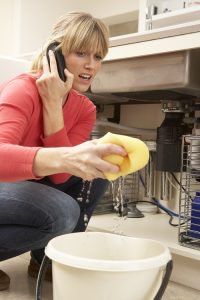 Water Pressure
Water Pressure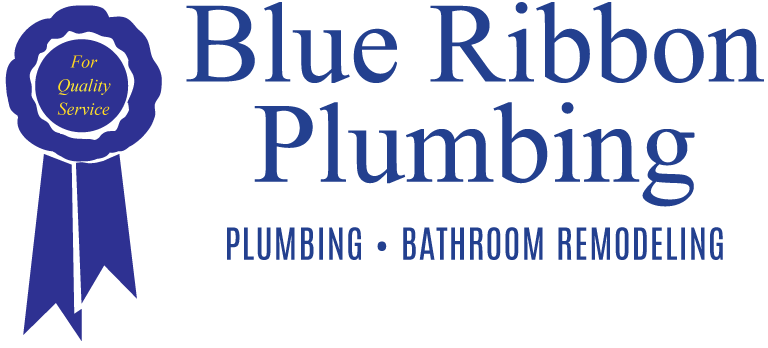
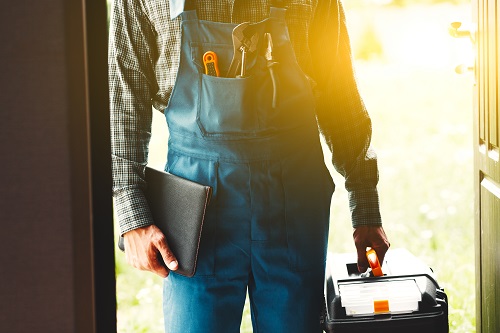
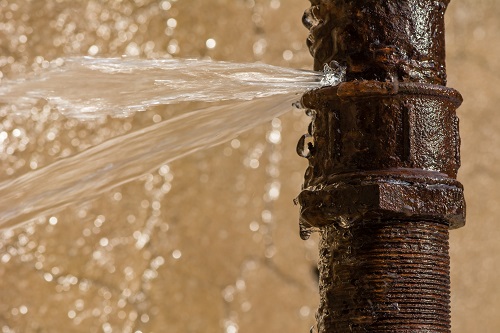
 When faced with a late-night dripping sound, it can be challenging to determine if it’s a
When faced with a late-night dripping sound, it can be challenging to determine if it’s a 
 Can you shut off the fixture? If a minor leak is localized, and you can shut off the water supply to that specific fixture, it may not require emergency assistance. Locate the shutoff valve under the sink or behind the toilet. However, for more significant issues, such as a burst pipe, shutting off the main water line to the house might be necessary.
Can you shut off the fixture? If a minor leak is localized, and you can shut off the water supply to that specific fixture, it may not require emergency assistance. Locate the shutoff valve under the sink or behind the toilet. However, for more significant issues, such as a burst pipe, shutting off the main water line to the house might be necessary.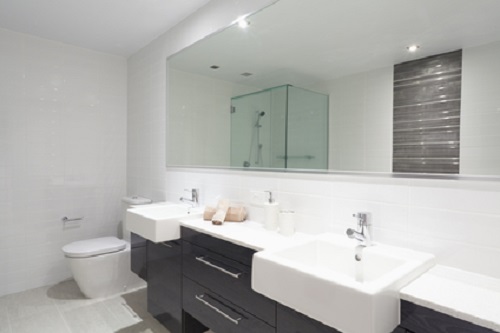
 When buying a new home, it’s important to pay attention to the
When buying a new home, it’s important to pay attention to the  Sink and Faucet Issues:
Sink and Faucet Issues: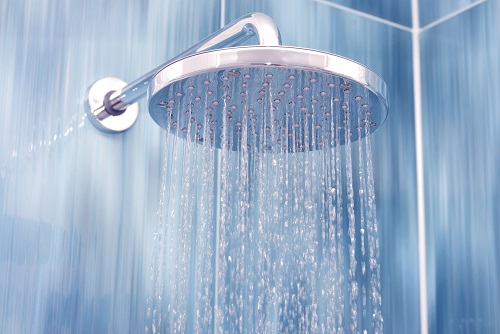
 Picture this: you’re enjoying a warm and soothing shower when, out of the blue, the hot water vanishes, leaving you shivering and searching for answers to why your water heater failed. It’s an all-too-common scenario that can spoil even the most tranquil bathing experiences.
Picture this: you’re enjoying a warm and soothing shower when, out of the blue, the hot water vanishes, leaving you shivering and searching for answers to why your water heater failed. It’s an all-too-common scenario that can spoil even the most tranquil bathing experiences.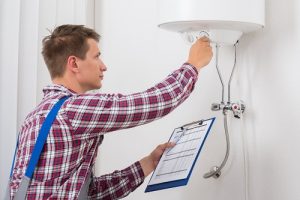 The Aging Water Heater
The Aging Water Heater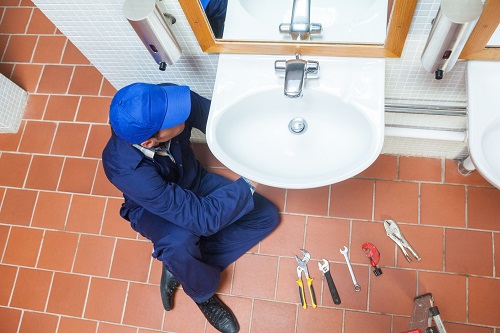
 Have you ever wondered what lies beneath the surface of your home’s plumbing system? Is there a hidden leak waiting to wreak havoc or a damaged pipe ready to burst?
Have you ever wondered what lies beneath the surface of your home’s plumbing system? Is there a hidden leak waiting to wreak havoc or a damaged pipe ready to burst? The Cost of Ignoring the Unknown
The Cost of Ignoring the Unknown
 The
The 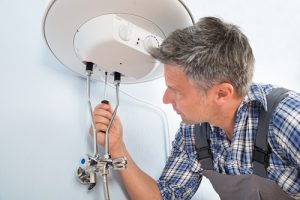
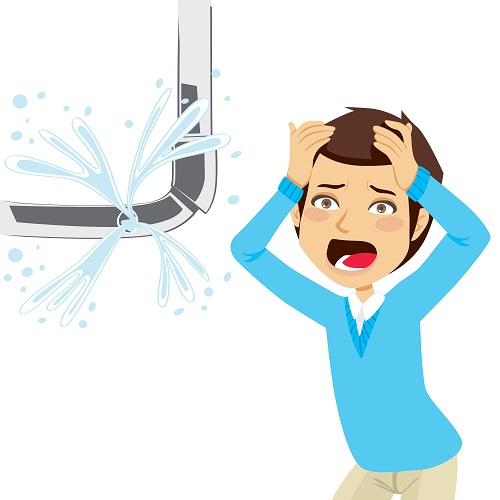
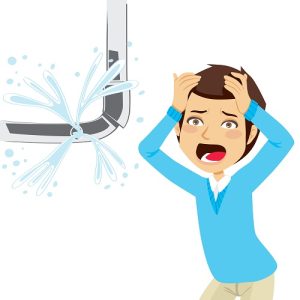
 Call a
Call a 
 Even a faint dripping sound from the bathroom down the hall can keep you awake. Even the most innocuous sounds can be horrifying at 3am when you’ve been trying to fall asleep for hours. It’s not surprising that a serious
Even a faint dripping sound from the bathroom down the hall can keep you awake. Even the most innocuous sounds can be horrifying at 3am when you’ve been trying to fall asleep for hours. It’s not surprising that a serious  Hammering Noise
Hammering Noise
 A contractor provides contractor services, including building roads, dams, and other new structures. They also offer services that involve the repair or modification of existing ones. There are different kinds of contractors based on the type of construction project that they handle. For example, when you want to build a new house, you need the services of an electrical contractor, building contractor, remodelling contractor, landscaper, and
A contractor provides contractor services, including building roads, dams, and other new structures. They also offer services that involve the repair or modification of existing ones. There are different kinds of contractors based on the type of construction project that they handle. For example, when you want to build a new house, you need the services of an electrical contractor, building contractor, remodelling contractor, landscaper, and 
 You flushing wet wipes down the
You flushing wet wipes down the  2. Fatberg Effect
2. Fatberg Effect